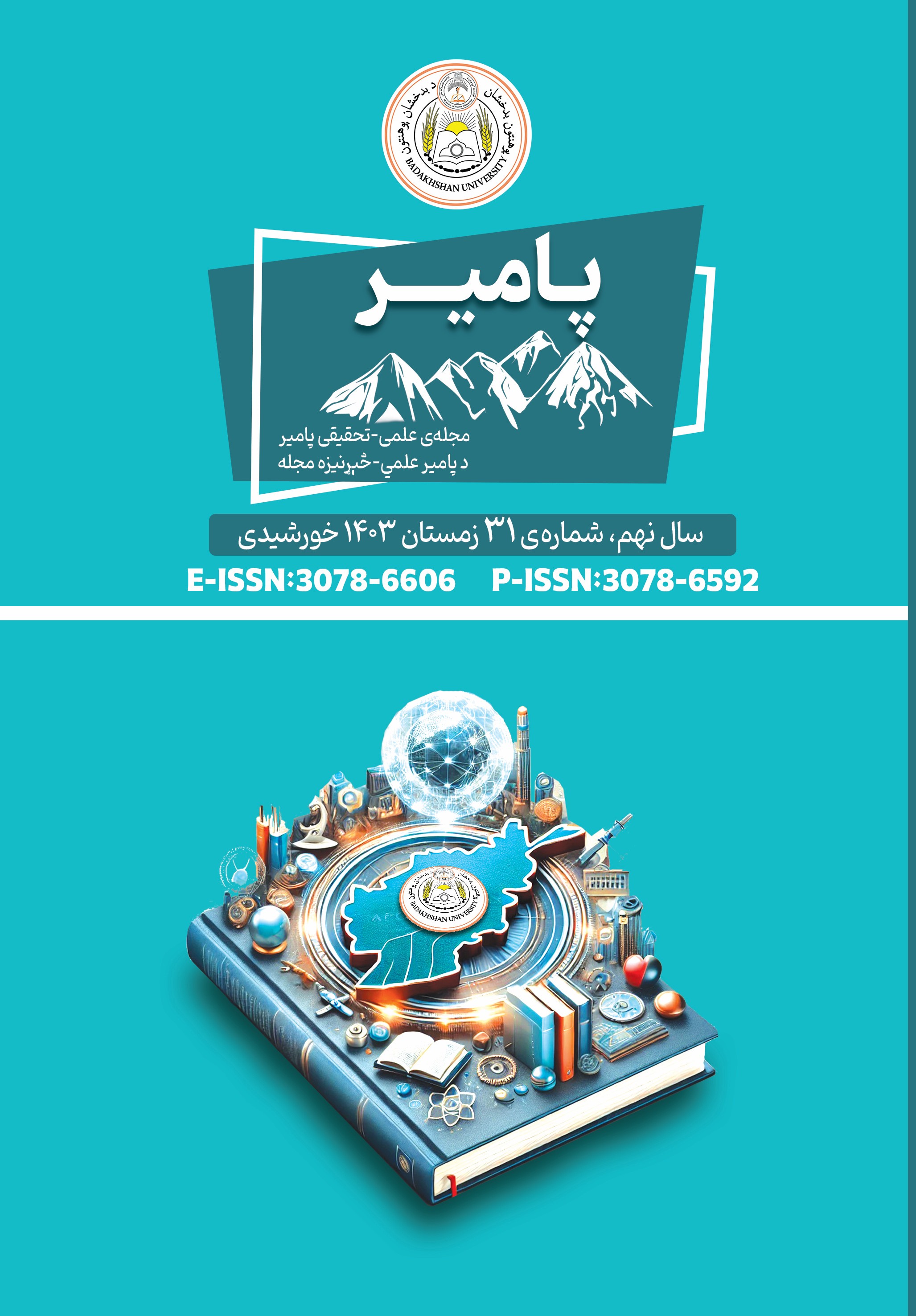The Ruling of 'Iḥdād' in Islam and an Examination of Its Unlawful Contemporary Practices
DOI:
https://doi.org/10.61806/t5gxgq60الكلمات المفتاحية:
Iḥdād, Refraining from Adornment, Sharia, Custom, Bereavement, Deceasedالملخص
Abstract
The present article seeks to explore the Islamic legal ruling on iḥdād (refraining from adornment) during periods of bereavement, based on the Qur’an, Sunnah, and Islamic jurisprudence. Considering the prevalence of un-Islamic practices and legal misunderstandings surrounding mourning and the abandonment of adornment in contemporary society, this study aims to provide a comprehensive explanation of the essence, categories, types, and rulings of iḥdād from an Islamic perspective.Particular attention is given to impermissible and illegitimate customs that have become widespread in today’s Muslim communities, especially in our country. The primary objective of this research is not only to clarify the true nature and religious ruling of iḥdād according to Islam, but also to critically examine the contemporary unlawful customs and interactions related to it. By addressing several modern issues concerning the observance of iḥdād in today’s society and by presenting the corresponding rulings in the light of the Qur’an and Sunnah, this study attempts to propose suitable and legitimate Islamic solutions to existing problems in this area. The research methodology employed is descriptive-analytical. The findings of this study reveal that, unfortunately, public perceptions and social practices regarding iḥdād in many cases contradict the rulings established by Islamic teachings.
Keywords: Iḥdād, Refraining from Adornment, Sharia, Custom, Bereavement, Deceased.
التنزيلات






